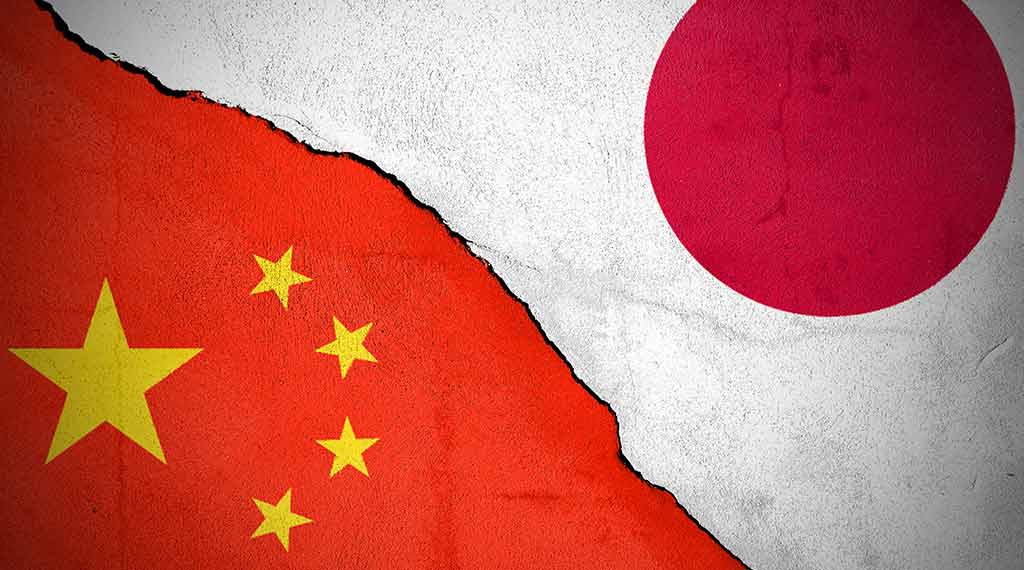And sometimes it does too little – as is happening in the Central Pacific. That is where Chinese influence has gradually eroded what Washington thought was a solid, almost guaranteed presence.
Some Background
First a little background. Three contiguous island nations– Republic of Palau, Federated States of Micronesia, and Republic of Marshall Islands – occupy an area about as large as the continental United States. They also make up a huge corridor in the middle of the Central Pacific.
This is strategic geography by any standard. Indeed, after World War II, they (along with what would become the Commonwealth of Northern Mariana Islands) were declared the only “Strategic Trust Territory” countries by the United Nations. And they were assigned to the United States for administration.
Starting nearly 40 years ago, as they became independent, each of the three entered into a “Compact of Free Association” (COFA, or Compact States) with the US. These countries are now known collectively as the Freely Associated States (FAS).
These complex COFA agreements are currently being renegotiated. They provide the three countries with financial and other assistance — including the right of their citizens to live and work in the United States. The amounts and types of assistance are what are periodically renegotiated.
Through the COFAs, Washington also undertakes responsibility for the three nations’ defense. That includes the right to prevent any foreign military presence in each of the COFA states. This, many strategists assume is in “perpetuity.”
And that was supposed to be that.
Why are these Important to the United States?
Without control of this terrain, America’s defense posture in the Indo-Pacific becomes untenable, if not impossible. And preventing the People’s Republic of China (PRC) from seizing Taiwan would be nearly impossible as well.
As a former US Navy intelligence officer puts it: “If we lose the Freely Associated States to the PRC, then you can kiss Taiwan goodbye. ”
However, over the last 30 years (some would say longer) the PRC has insinuated itself into the commercial and political systems of each FAS nation. It is now to the point that American control is no longer the”sure thing” it was once thought.
There is no reason the FAS nations cannot cancel the COFA agreements. Or, for that matter, just declare that they no longer consider the deals to be valid and are withdrawing.
And China has got a blank check or three ready in case they should do so. In fact, it is encouraging them. If this happens the United States has no good options – and “sending in the Marines” is not a good option.
Where do the Negotiations Stand?
The financial and service components of the COFAs must be signed by at least the Federated States of Micronesia and Marshall Islands. Palau is a year later.) And then they must be passed by the US Congress by September 30, 2023.
If they are not, services like weather forecasting, the post office, education programs, and much, much more run out of money. This can be quite serious. For example, the Federal Aviation Administration is one of the services. If that stops running, normal flights can’t operate.
So far, Marshalls hasn’t signed. But Palau and Micronesia have signed, and those agreements are heading to Congress. While the Senate seems supportive, the question is, will they pass the House of Representatives?
One would think a look at the map – and remembering a little history about World War II – would make even the most skin-flint of politicians reach for the checkbook and allocate whatever funds are necessary to keep the FAS nations “on-side.”
It is the best bargain the United States has ever had.
A Critical Foundation in the Central Pacific
The COFA’s are best viewed as a maintenance fee and a foundation for the US presence in the Central Pacific. And that comes with the right to exclude foreign militaries from the FAS territories. Sort of like buying health insurance.
The amount of money needed to renew the COFA deals is also a pittance – around $7.1 billion USD, spread out over three countries and twenty years. Said in another way, that’s under $117 million USD per country per year (and a chunk of that goes back to US services).
Read more.

